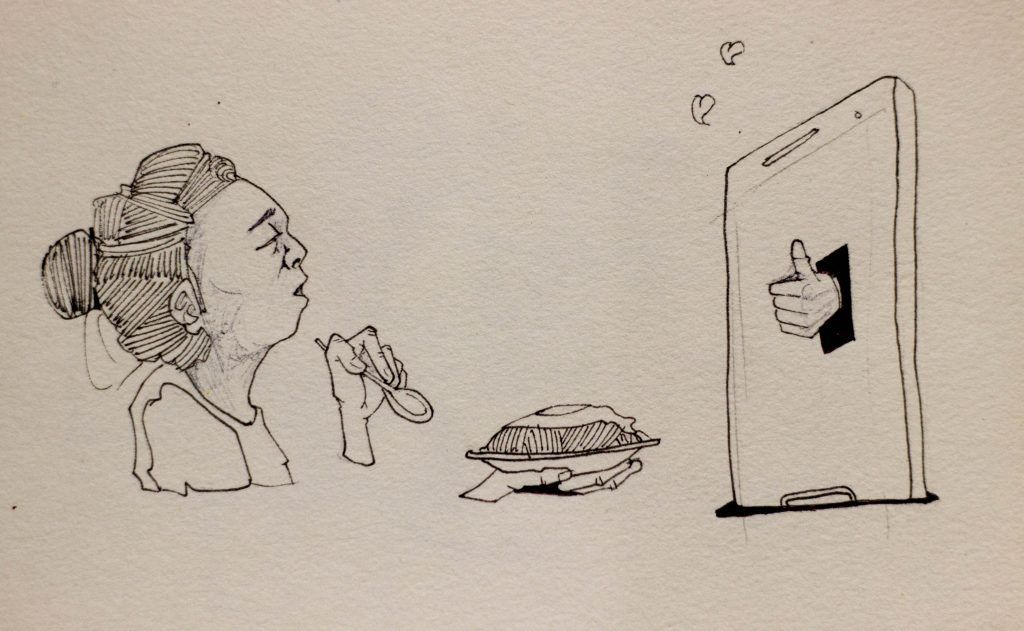I belong to the technology riddled Generation Y, or if you prefer, the millennials. We have come of age side by side with technology and have a certain comfort and dependence on it. I feel privileged to be part of a generation that grew up during a time which wasn’t severely affected by technology yet possess a comfortable fluency with it. While I enjoy just how much easier technology has made my life, being aware of a life where people …
The Coming Of Age Of TechnologyRead More »
Interested in non-clickbait content? Become a member today.
You'll get access to:
- All content
- Comic Books
- Personalized cartoons
- Member credits in our videos and much more!
Become a member
Already a member? Log In
